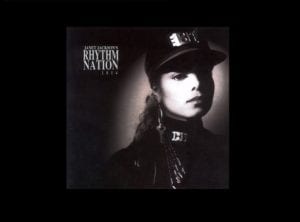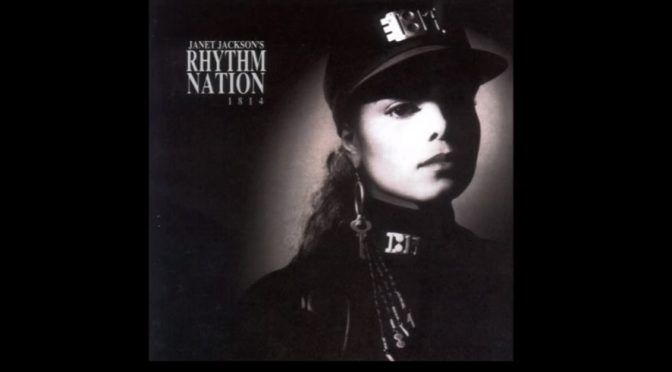If you’re going by much of the press regarding the Millennial generation, it’s easy to think that all of us are lazy, overly opinionated, and self-involved. Of course this is simply not the case… this generation is one of incredible knowledge and skills, and has unmatched command of the digital sphere.
But sadly, those skills have been hampered by some difficult times. Unlike the Gen Xers and Baby Boomers before us, Millennials have come of age in an era of economic uncertainty. Though we have much to contribute, many opportunities for advancement were put on the back burner in the wake of September 11th, and the Great Recession. Lacking the access lanes of our older counterparts, Millennials instead have chosen a different path. A generation of global citizens, we choose to not only focus on ourselves, but also spend much time tackling some of the world’s most difficult problems.
Long before the Millennials developed their sense of identity, many of these same traits showed up in one pivotal GenX artist. Though born into a family of extraordinary fame and privilege, Janet Jackson was less apt to the headlines than others. She may not have had access to cell phones, internet or social media, but she nonetheless grew up as an ultimate observer and seeker of knowledge, as her siblings provided the youngest Jackson a crash course on how to be famous and successful. Inspiring as it was, this situation was also a challenge for Jackson, as she had to struggle with how to find her voice in the long shadow of her family. After a few unsuccessful attempts, Jackson finds her lane on the Control album, thanks in part to the talents of legendary producers Jimmy Jam and Terry Lewis.
The trio may have established a new lane with Control, but it was their next project which would catch the whole world’s attention and set an example for future generations. Released on September 19th 1989, Janet Jackson’s Rhythm Nation 1814 departed from the safety of pop music’s typical subject matter, and put focus on some of the world’s toughest challenges (most of which still plague us today). Even today, the lyrics from title track Rhythm Nation read as an anthem for the modern global citizen…
With music by our side
To break the color lines
Let’s work together
To improve our way of life
Join voices in protest
To social injustice
A generation full of courage
Come forth with mePeople of the world today
Are we looking for a better way of life
We are a part of the rhythm nation
People of the world unite
Strength in numbers we can get it right
One time
We are a part of the rhythm nationThis is the test
No struggle no progress
Lend a hand to help
Your brother do his best
Things are getting worse
We have to make them better
It’s time to give a damn
Let’s work together
Interestingly enough, even as Jackson longed for equality over the song’s infectious beat, she was also keenly aware of how unequal the world was, especially for Black communities. From the ‘RN’ album cover, to the videos to its overall theme, Jackson wanted to provide a positive image for Black America to combat the negativity being constantly thrown their way. Here’s Ms. Jackson’s quote on the subject.
The color black has become increasingly important to me. It hurts my heart to watch the television special ‘Black in White America,’ when the Black girl picked the white doll over the Black. That’s why I decided the color scheme for Rhythm Nation – the costumes, the cover art, the overall feeling – would be positively, uncompromisingly Black.
In the Millennial generation, these same sentiments have led to the Black Lives Matter movement.
Forth from it’s title track, ‘RN’ continues to heed the call for social change. State of the World tells stories of homelessness and prostitution (concepts too easy to ignore in pop music), while The Knowledge gives listeners the one key to improving these tough circumstances which can’t be taken away. After watching news coverage of an horrific murder of school children, Janet Jackson felt compelled to write the ballad Livin’ In A World (They Didn’t Make) to speak out against gun violence.
Once the business is handled, Jackson, Jam and Lewis also know how to have some fun, and talk about love. Like any Millennial of today, Janet shows in the rest of ‘RN’ that she’s much more complex than commander of social change. Fun romps like Miss You Much, Escapade and soothing ballads like Lonely bring this album back to an intimate connection. An interesting oddity that the latter ballad seems a near perfect fit for the typical Millennial love struggle…
As we all know, Janet Jackson’s Rhythm Nation 1814 was a huge success… a Grammy Award winner, the best selling album of 1990, 4 Number 1 hits across 3 calendar years, and a record-setting 7 top 5 singles. But even a full 27 years since its debut, this work continues to resonate where many others have fallen away. From the timeless beats and instrumentation to the important message, ‘RN’ has proven an important voice across four decades and two centuries. That’s no small feat in the fickle world of pop music. As Millennials continue their journey to prominence, they will find much to discover in the work of Ms. Jackson.


100% truth and ‘knowledge.’
Imagine if Rhythm Nation was release today. With social media today who knows how much Janet’s message would of made a bigger impact.
Nothing But The Truth Was Spoken In This Article!!!!!!
Nicely done!